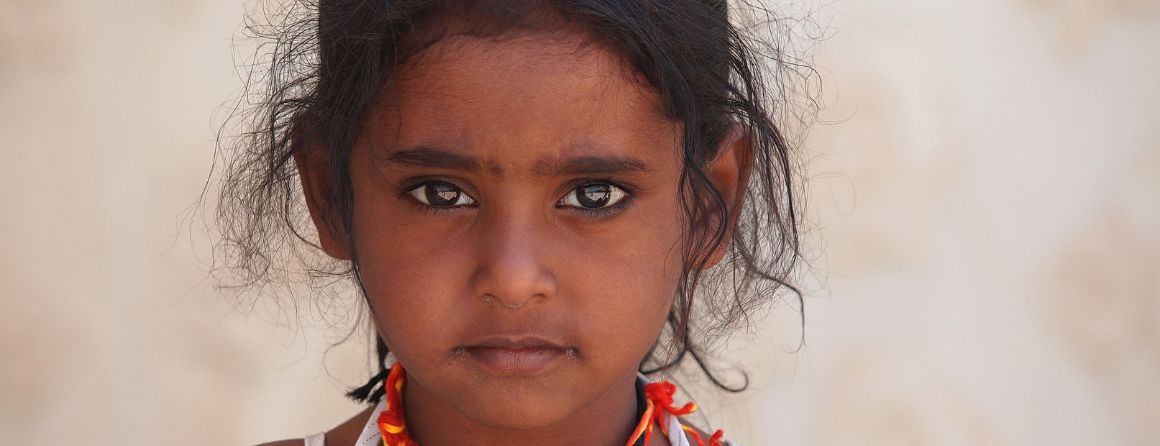Early marriage linked to poor mental health in young girls and adolescents

Content notice: intimate partner and family violence, depression
Early marriage is linked to poor mental health in young girls and adolescents, according to a Murdoch Children’s Research Institute-led study.
Murdoch Children’s Dr Shilpa Aggarwal and Professor George Patton, along with Ms Kate Francis and Dr Ghazaleh Dashti, analysed data from the Understanding the Lives of Adolescents and Young Adults (UDAYA) cohort study which was conducted in Uttar Pradesh and Bihar, India. They investigated the connection between mental health and early marriage – a prevalent unfair gender norm in the region.
Their results, published in The Lancet Regional Health – Southeast Asia, point to the need to prioritise mental health when establishing programs and policies to reduce child marriage rates. This will help give vulnerable girls better opportunities and positively impact the lives of many young adolescents.
The team analysed structured interviews with young girls three years apart, initially in 2015-2016 and again in 2018-2019. They found that girls who were unmarried during the first interview, but showed symptoms of depression, were more likely to be married by the second interview compared to girls without depressive symptoms.
By the second interview, newly married girls were more likely to have depressive symptoms than their unmarried peers and this was even higher in those who had experienced some form of domestic abuse.
Dr Aggarwal said, “Child marriage for girls has existed in Indian and similar low and middle-income societies for a long time and the problem has been difficult to curb.”
One-third of girls in South Asia are married before they turn 18 and 8 per cent of girls get married before the age of 15. This risks educational opportunities and contacts with families and friends during this vital growth period.
The research study looked at changes in marital status and mental health of 7,864 adolescent girls, between the ages of 10 to 19 years, from Uttar Pradesh and Bihar. In the period between waves one and two, the team found that 23 per cent (1,825) of participants got married.
Professor Patton said, “We found that the mental health of child brides was poor even before marriage and became worse after they were married, particularly in the context of harsh and abusive relationships.
“The adverse effects on children’s mental health are one of the reasons to redouble efforts to delay marriage in countries like India, where child marriage remains common.”
Dr Aggarwal said focusing on the mental health of young brides in the community and improving maternal health services would better support adolescent girls.
“We aim to establish the importance of integrating mental health as a target in programs addressing child marriage in the region,” she said. “At the same time, there is a need to address the higher risk of mental health problems in girls who get married early.”
The research team from Murdoch’s Children Research Institute hopes these findings lead to mental health being prioritised when creating policies aimed at reducing early marriage.
Read the original research to find out more.
Publication
Shilpa Aggarwal, Kate L Francis, S. Ghazaleh Dashti, George Patton, Child marriage and the mental health of adolescent girls: ‘A longitudinal cohort study from Uttar Pradesh and Bihar, India.’ The Lancet Regional Health – Southeast Asia. DOI: https://doi.org/10.1016/j.lansea.2022.100102



